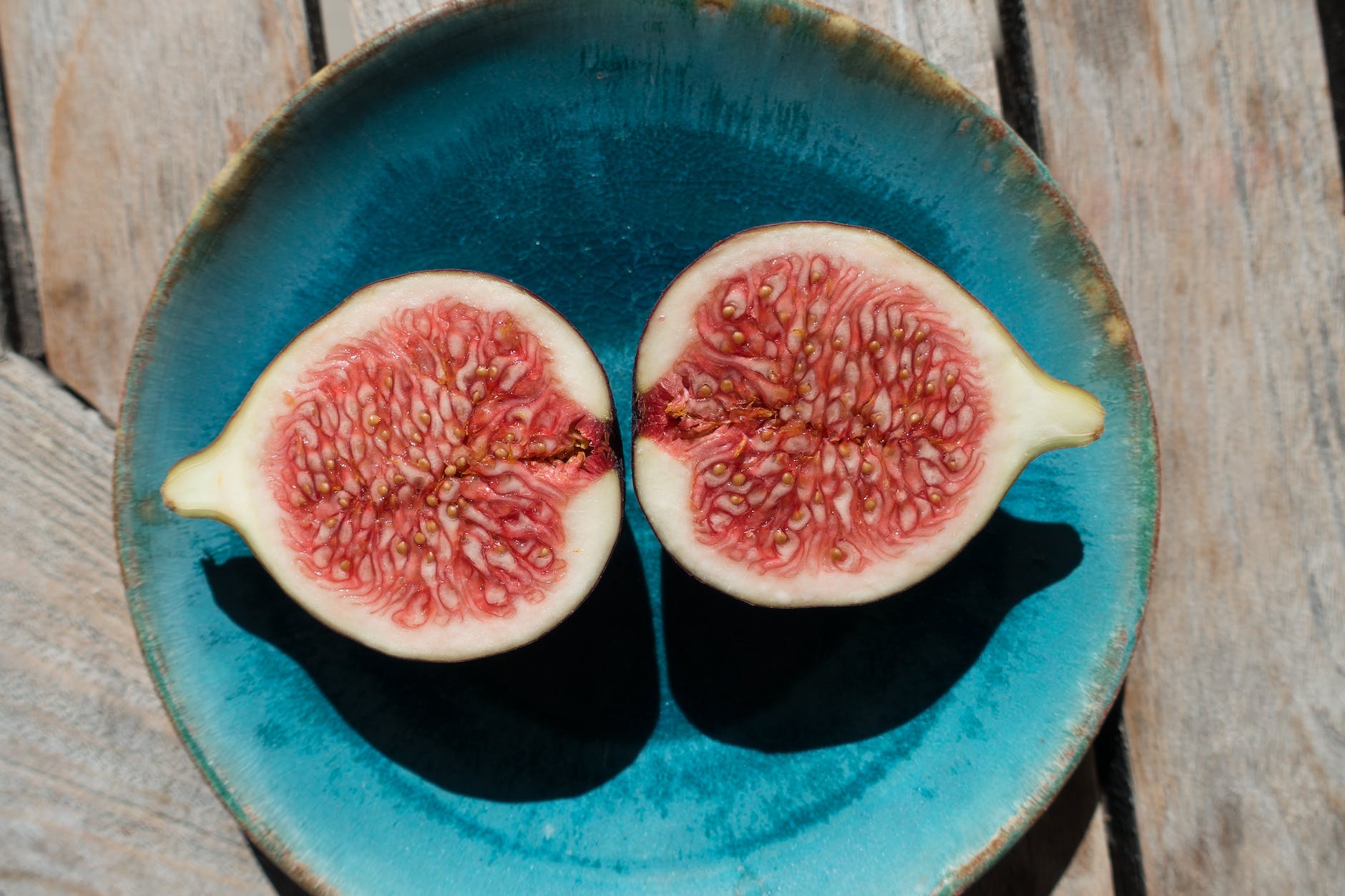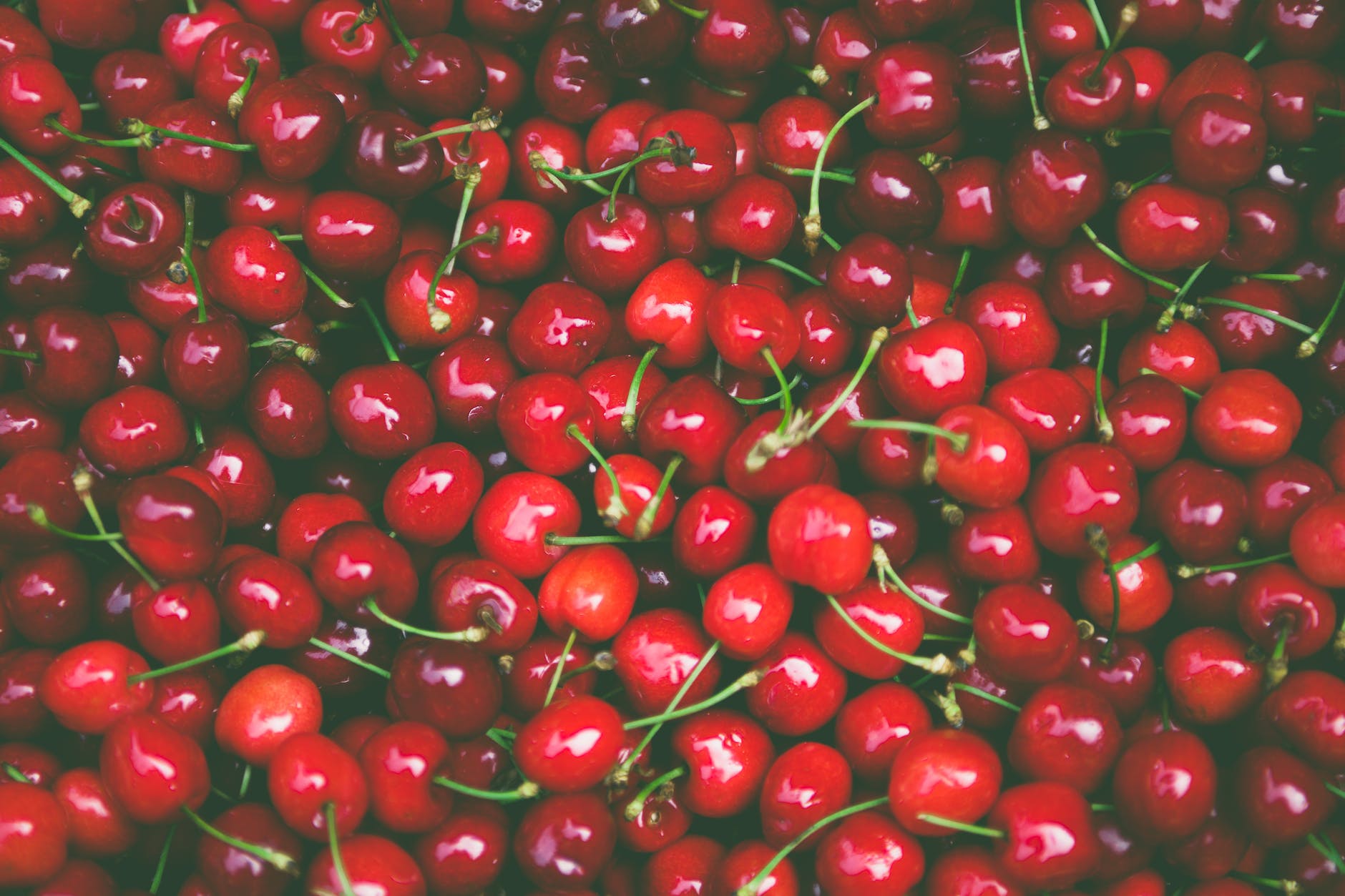
Watermelon, the quintessential summer fruit, is not only refreshingly sweet but also packed with nutrients that can boost your health in numerous ways. Its juicy goodness provides a hydrating respite on hot days, making it a popular choice for picnics and outdoor gatherings. But did you know that the benefits of watermelon extend beyond its thirst-quenching ability? In this blog post, we’ll delve into the nutritional value of watermelon, explore its myriad health benefits, and unravel how it can be a part of your weight loss journey.
Section 1: Nutritional Value of Watermelon
Watermelon is a nutritional powerhouse disguised as a fruit. Its vibrant red flesh is a testament to its rich nutritional content. Here’s a breakdown of the nutritional elements that make watermelon a healthy choice:
- Vitamins and Minerals: Watermelon is an excellent source of essential vitamins and minerals. It provides about 15% of your daily vitamin C needs, which is crucial for immune system function and skin health. Besides, it’s also a good source of Vitamin A, promoting good vision and supporting immune and inflammatory functions1.
- Calorie Content: Despite its sweet taste, watermelon is low in calories. This is largely due to its high water content, which makes up about 92% of the fruit. The low calorie content makes it a guilt-free snack for those looking to shed some pounds.
- Antioxidants: Watermelon is rich in antioxidants such as lycopene and vitamin C. Lycopene is known for its potential to reduce the risk of chronic diseases and protect against free-radical damage.
- Hydration: Due to its high water content, watermelon is exceptionally hydrating. It can be a good option to ensure you stay hydrated, especially during the summer months2.
Section 2: Health Benefits of Watermelon
Watermelon is more than just a tasty fruit; it’s a health-promoting powerhouse. Here are some of the health benefits that you can enjoy when you include watermelon in your diet:
- Hydration: The high water content in watermelon helps keep you hydrated, which is essential for nearly every bodily function. Hydration also supports overall health and well-being, aiding in digestion, circulation, and temperature regulation2.
- Post-Workout Recovery: Watermelon can be an excellent choice for post-workout recovery. Its natural sugars can help replenish glycogen stores, while the water content helps rehydrate after a sweaty session. Additionally, watermelon contains a compound called L-citrulline, which may help reduce muscle soreness and enhance exercise recovery3.
- Skin and Vision Health: The vitamins A and C in watermelon contribute to healthy skin by promoting collagen production and protecting against UV damage. Furthermore, Vitamin A is essential for good vision, especially in low-light conditions.
- Heart Health: Some studies suggest that the lycopene in watermelon may have a favorable impact on heart health by improving cholesterol levels and lowering blood pressure.
The juicy and sweet nature of watermelon makes it not only a delightful treat but also a nutritious addition to your diet. Its plethora of health benefits, coupled with its low-calorie content, makes it a favorable choice for those looking to stay healthy, hydrate, and even lose weight. As we delve deeper into the realms of weight loss and watermelon in the next sections, you’ll discover how this succulent fruit can support your weight loss goals while providing essential nutrients and health benefits. Stay tuned as we explore the watermelon diet, its pros, cons, and how to effectively incorporate this juicy fruit into your daily regimen to reap the maximum benefits.
Section 3: Watermelon and Weight Loss
Watermelon, owing to its low-calorie content and high water composition, can be a useful fruit for those looking to shed extra pounds. Here’s how:
- Low-Calorie Content: With only about 46 calories per cup, watermelon is a low-energy-dense food. This means you can eat a good amount of it without consuming too many calories, making it a satiating snack that can help control your appetite and reduce overall calorie intake.
- High Water Content: The high water content of watermelon can help you feel full, reducing the likelihood of overeating. Furthermore, staying hydrated is essential for your metabolism, and can aid in weight loss1.
- Natural Sugars: While watermelon does contain sugar, it’s natural sugar which, when eaten in moderation as part of a balanced diet, can provide the sweet satisfaction you crave without the added calories of sugary snacks and desserts.
Section 4: The Watermelon Diet
The watermelon diet, which emphasizes consuming watermelon for a specified period to shed weight, has garnered attention. However, it’s not a long-term solution.
- Short-term Weight Loss: The watermelon diet promises quick weight loss due to its low-calorie content and diuretic properties. However, the weight lost is often water weight and may return once you resume a regular diet2.
- Nutrient Deficiency Risks: This diet can be restrictive and may lead to nutrient deficiencies if followed for an extended period. It’s crucial to ensure a balanced diet to maintain health and sustain weight loss.
Section 5: How to Incorporate Watermelon in Your Diet
Adding watermelon to your diet can be both delicious and beneficial. Here are some ideas:
- Smoothies: Blend watermelon with other fruits and vegetables for a nutritious smoothie.
- Salads: Add chunks of watermelon to your salads for a refreshing twist.
- Snacks: Enjoy watermelon slices or cubes as a hydrating snack, especially post-workout.
Section 6: Precautions and Considerations
While watermelon has many benefits, certain considerations should be kept in mind:
- Sugar Content: Watermelon has a high Glycemic Index (GI) due to its sugar content, which may impact blood sugar levels. It’s advisable for individuals with diabetes or insulin resistance to consume watermelon in moderation.
- Allergies: Some people may have allergic reactions to watermelon. If you experience itching, rashes, or swelling after eating watermelon, it’s advisable to seek medical attention.
Conclusion
Watermelon, with its tantalizing taste and health benefits, can be a delightful addition to your diet. Its role in promoting hydration, supporting heart health, and potentially aiding in weight loss makes it a fruit worth considering in your dietary regimen. While the watermelon diet may offer short-term weight loss benefits, incorporating watermelon as part of a balanced diet is a more sustainable and healthful approach to enjoying this juicy fruit’s benefits.
Call to Action:
Now that you’re well-versed with the wonders of watermelon, why not give it a space on your dining table? Share this post with your friends and family to spread the watermelon love, and let us know in the comments how watermelon has spiced up your health journey. Don’t forget to subscribe to our blog for more insightful posts on health and nutrition!
FAQs:
- What are the main nutritional benefits of watermelon?
Watermelon is a nutritional delight offering a variety of vitamins and minerals including Vitamin C, Vitamin A, and antioxidants like lycopene. Its high water content also makes it a hydrating fruit ideal for hot summer days. - How does watermelon contribute to weight loss?
The low-calorie content and high water composition of watermelon can aid in weight loss. Watermelon can provide a feeling of fullness which may help in reducing overall calorie intake. Furthermore, its natural sugars can satisfy sweet cravings in a healthier manner compared to sugary snacks and desserts. - What is the watermelon diet and is it effective for long-term weight loss?
The watermelon diet involves consuming mainly watermelon for a specified period to shed weight quickly. However, it’s not a viable long-term weight loss solution as it can lead to nutrient deficiencies and the weight lost is often water weight, which may return once you resume a regular diet. - How can I incorporate watermelon into my daily diet?
Watermelon can be enjoyed in many ways – as a refreshing snack, in salads, or blended into smoothies. Its sweet, hydrating nature makes it a versatile fruit that can be easily incorporated into various meals and snacks. - Are there any precautions to consider while consuming watermelon?
Individuals with diabetes or insulin resistance should consume watermelon in moderation due to its sugar content. Additionally, although rare, some people might experience allergic reactions to watermelon. It’s advisable to consult with a healthcare professional if you have any concerns regarding watermelon consumption. - How does watermelon benefit post-workout recovery?
Watermelon can be a great post-workout snack due to its hydration properties and the presence of a compound called L-citrulline, which may help reduce muscle soreness and enhance exercise recovery. - Can watermelon improve skin and vision health?
Yes, the vitamins A and C in watermelon contribute to healthy skin by promoting collagen production and protecting against UV damage. Furthermore, Vitamin A is essential for good vision, especially in low-light conditions.
Blog Tags:
Watermelon, Nutritional Benefits, Weight Loss, Watermelon Diet, Hydration, Post-Workout Recovery, Healthy Snacking, Heart Health, Skin and Vision Health, Dietary Tips













